With a stuttering Global economy, many companies need to both accelerate and brake. Efforts to promote sales and growth are crucial, while cost cutting and introducing operational efficiencies have become part of everyday business life. An important success factor in this context is the ability to establish streamlined work and information flows.
Used correctly, a modern integration engine can make a big difference. It can save money and create the conditions for growth. Connect Companies CEO and integration expert Stefan Jörkander gives some concrete examples of how a smart integration solution can be a wise investment, both in the short and long term:
- Streamline processes – by integrating different systems and tools, companies can automate repetitive tasks and processes. It reduces the need for manual entry and handling of data, which saves time and reduces the risk of human error.
- Minimize duplication of work – with a smart integration solution, companies can avoid duplication of work by synchronizing data between different systems in real time, working on the principle that information is only ever entered once. This means that employees do not have to spend time manually transferring data between different programs or systems, thereby increasing productivity and reducing costs.
- Utilize existing resources – by integrating different systems, companies can make better use of their existing resources. For example, a smart integration solution can help optimize inventory management by synchronizing sales data with inventory management systems, reducing the risk of overstocks or understocks, while providing a more accurate view of inventory storage and handling costs.
- Reduce manual support – when different systems and tools are integrated, companies can reduce the need for manual support and service. A modern integration solution can automate support processes by letting customers solve common problems themselves or by connecting customers with the appropriate support staff based on their needs and past interactions.
- Improve scalability and flexibility – an integration engine can help companies adapt and scale their integration needs as the business grows or changes. By using a flexible and scalable solution, companies can avoid new costly IT projects.
- Reduce the risk of building up a technology debt – by using a unified integration platform that is constantly updated and enhanced, companies can reduce the risk of their integration solutions becoming outdated and difficult to use. It also reduces the risk of having to make costly upgrades or introduce completely new expensive integration solutions.

“There is a very high demand for our integration engine Blue Integrator. It is clear that the interest and need for a modern, flexible integration solution only increases as the need for companies to handle more data escalates. In many businesses there is no longer time to conduct traditional direct integrations. Ultimately, traditional integrations become an overhead and due to their nature are restrictive and complicated to replace,” comments Stefan Jörkander.


